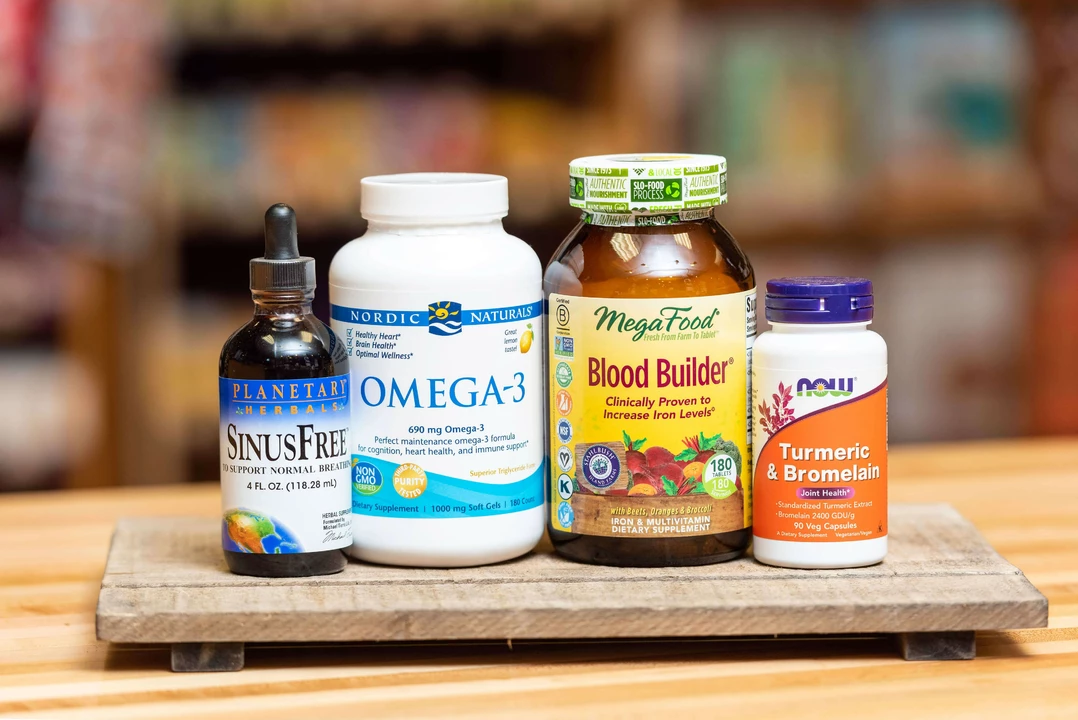African Wild Potato (Hypoxis): What It Is and How People Use It
Ever heard of African wild potato? It’s the common name for Hypoxis hemerocallidea, a plant used for generations in southern Africa. People take it as a capsule, tea, or extract to support immune health, ease mild inflammation, or for general wellness. The plant contains compounds called hypoxoside (which turns into rooperol in the body) and plant sterols often labeled as "sterolins." Those are the ingredients most researchers watch.
If you’re curious about trying it, remember this: it’s a traditional remedy that made its way into modern supplements, but clinical evidence is mixed. Some small studies and lab research suggest immune effects, while other trials show little or no benefit for serious conditions. That means it’s popular, but not a proven replacement for prescription treatments.
How people take it — and what to expect
Forms you’ll find in stores: dried root powder, standardized extracts, capsules, tinctures, and teas. There’s no single standard dose. Commercial capsules often vary a lot, so follow the product label and the advice of a health professional. Expect mild side effects in some people — stomach upset, diarrhea, or allergic skin reactions are the most common complaints.
Don’t treat it like a fast-acting drug. Herbal effects, when they happen, usually develop over weeks. If you’re using it for a specific health problem, keep using your prescribed medicines unless your doctor tells you otherwise.
Safety, interactions, and smart buying tips
Important safety points: African wild potato can interact with certain medicines. It may change how the liver processes drugs, so it can lower or raise levels of medications you depend on. People on antiretroviral therapy, blood thinners (like warfarin), diabetes drugs, or strong immunosuppressants should be extra careful. Pregnant or breastfeeding women should avoid it unless a clinician approves use.
Buying tips that matter: choose brands with third-party testing (look for NSF, USP, or similar seals). Prefer products that list the extract type and the amount of active ingredients, not vague "herbal blend" labels. Check the source — many reputable suppliers note if the root is wild-harvested or farmed, and where it’s processed. Avoid mixes that hide ingredient amounts or promise unrealistic cures.
One practical routine: talk to your pharmacist or doctor before starting. If allowed, start at a low dose and track any changes — energy, digestion, sleep, or any new symptoms. If you notice worse side effects or suspect a drug interaction, stop the supplement and contact your provider.
Want to read more on supplements and safe buying? Our site covers alternatives, interaction checks, and tips for finding quality meds and vitamins. If you try African wild potato, be curious, cautious, and keep your healthcare team in the loop.
Harness the Ancient Wisdom of African Wild Potato: The Premier Dietary Supplement for Total Wellness
In my latest blog post, I explore the incredible benefits of the African Wild Potato, an ancient plant used for centuries in traditional African medicine. This powerful dietary supplement is known for promoting overall wellness, boosting the immune system, and reducing inflammation. I delve into the science behind its amazing properties, discussing the active ingredients that make it so effective. Moreover, I provide recommendations on how to incorporate this healing plant into your daily routine for optimal health and well-being. If you're seeking a natural solution for total wellness, look no further than the African Wild Potato!
Read More
